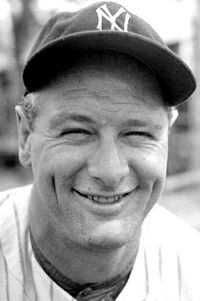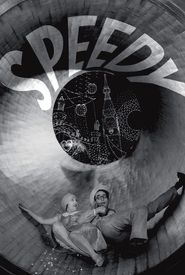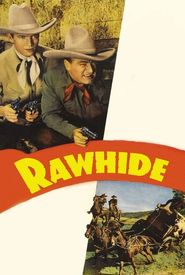Henry Louis Gehrig, known as the "Iron Horse," was a legendary baseball player who held the major league record for consecutive games played with 2,130. Born on June 19, 1903, in the Yorkville section of Manhattan, New York City, Gehrig was the only one of his four siblings to survive to adulthood. He grew up as a mama's boy and lived with his parents until he married at the age of 30.
Gehrig attended New York public schools, including the High School of Commerce, where he excelled in baseball, football, and swimming. In his senior year, his school won the New York public school baseball championship, playing against Chicago's best high school team at Wrigley Field. Gehrig's impressive performance earned him the nickname "Columbia Lou."
After briefly playing for a professional baseball club, Gehrig enrolled at Columbia University in 1922. However, he was barred from athletic competitions for a year due to his brief professional experience. He started on the college's baseball and football squads, earning the nickname "Columbia Lou."
Gehrig's father lost his job and his mother fell ill, prompting him to leave college for a professional baseball career. The New York Yankees signed him to a minor league contract in June 1923, and he played for their Hartford, Connecticut, farm club for two seasons. Gehrig was inserted into the Yankee lineup on June 1, 1925, substituting for their regular first baseman, Wally Pipp.
For the next 14 years, Gehrig did not miss a single game, leading the American League with 20 triples in his second season. He challenged teammate Babe Ruth for the league's home run title in 1927, finishing second with 47 home runs. Gehrig set a major league record by racking up 175 RBIs that year, earning him the league's Most Valuable Player award.
Gehrig helped the Yankees win the 1927 World Series against the Pittsburgh Pirates, despite almost deciding to sit out the entire series to stay by his ill mother's side. For the next 13 consecutive seasons, Gehrig knocked more than 100 home runs, and slugged 46 home runs with 184 RBIs in 1931.
On June 3, 1932, Gehrig hit four home runs in one game against the Philadelphia Athletics, setting another major league record. In 1933, Gehrig married Eleanor Twitchell, who helped him withstand the rigors of professional baseball. On the eve of his 2,000th consecutive game in 1938, Eleanor suggested that Gehrig was getting compulsive about the streak and advised him to end his career at 1,999 games.
Despite his wife's good intentions, Gehrig would not be deterred and appeared in 130 more games. During 1939 spring training, Gehrig began to experience weakness and problems with coordination. On May 2, 1939, Gehrig's consecutive game streak finally ended when he removed himself from the team.
Gehrig entered the Mayo Clinic in Rochester, Minnesota, for health tests and was diagnosed with amyotrophic lateral sclerosis (ALS),a rare incurable muscular disorder that causes the muscular motor functions to degenerate, resulting in atrophying muscles, which in turn can lead to paralysis and ultimately death.
















